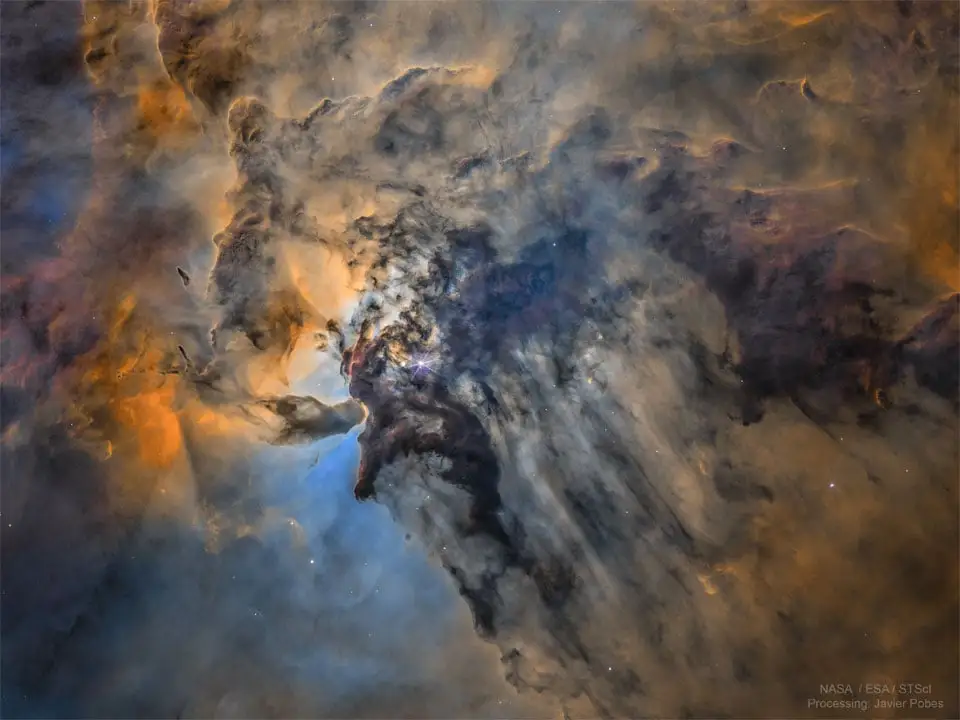this post was submitted on 20 Aug 2023
818 points (98.5% liked)
Space
8748 readers
144 users here now
Share & discuss informative content on: Astrophysics, Cosmology, Space Exploration, Planetary Science and Astrobiology.
Rules
- Be respectful and inclusive.
- No harassment, hate speech, or trolling.
- Engage in constructive discussions.
- Share relevant content.
- Follow guidelines and moderators' instructions.
- Use appropriate language and tone.
- Report violations.
- Foster a continuous learning environment.
Picture of the Day
 The Busy Center of the Lagoon Nebula
The Busy Center of the Lagoon Nebula
Related Communities
🔭 Science
- !astronomy@mander.xyz
- !curiosityrover@lemmy.world
- !earthscience@mander.xyz
- !esa@feddit.nl
- !nasa@lemmy.world
- !perseverancerover@lemmy.world
- !physics@mander.xyz
- !space@beehaw.org
- !space@lemmy.world
🚀 Engineering
🌌 Art and Photography
Other Cool Links
founded 1 year ago
MODERATORS
you are viewing a single comment's thread
view the rest of the comments
view the rest of the comments
I'm not arguing we shouldn't, but the "ideal" scenario with any natural resource is always to preserve it in my book
But this is certainly a case imo where the upsides would outweigh the downsides
Why? I can point out reason why preserving some wetlands is a good thing by pointing to plants and animals and humans. Something is only good because something benefits from it. Nothing is intrinsically good or bad.
It is a dead lifeless airless rock in space. Who suffers if a billionth of a percent of it is used for something?
I think you're entirely misunderstanding my meaning and sentiment, given that I don't disagree with anything in your comment